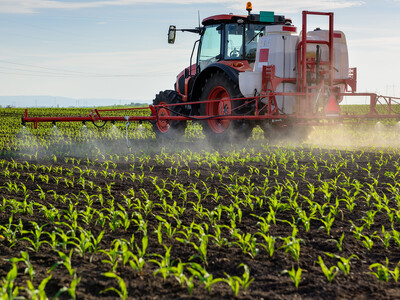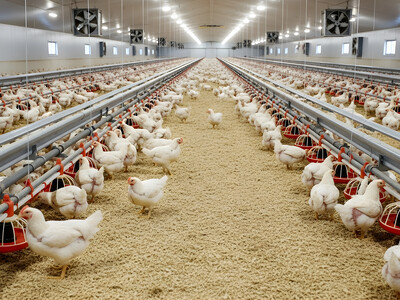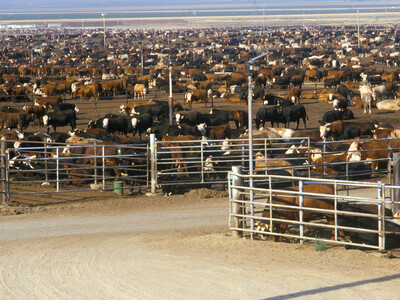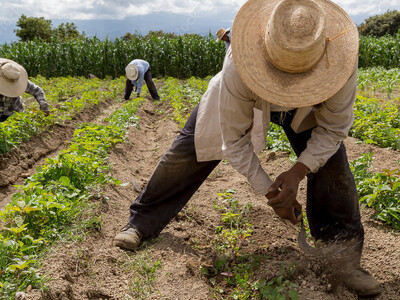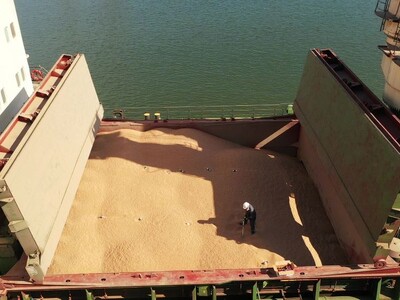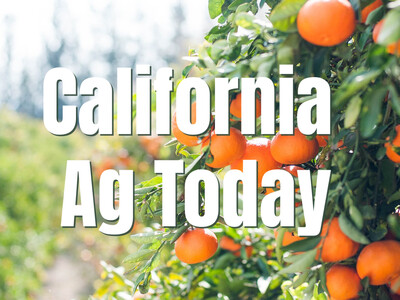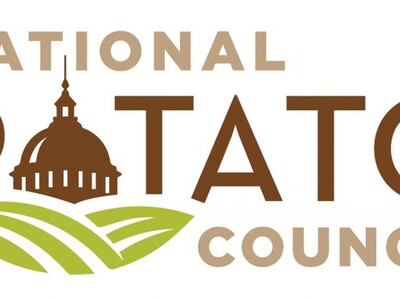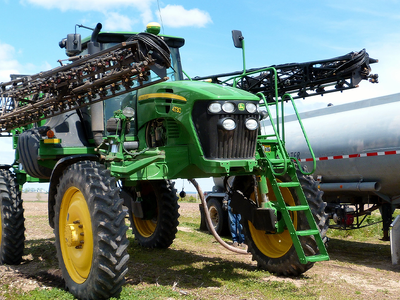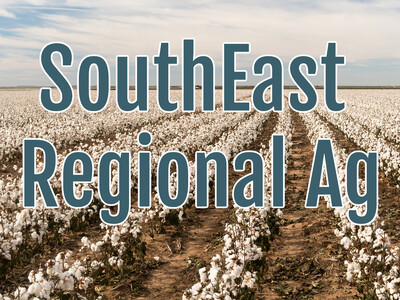England's Water Issues Part 2
England’s Water Issues Part 2. I’m Greg Martin with today’s Line On Agriculture.
Water is probably the most essential part of life here on planet Earth. Too much is a bad thing...too little is equally detrimental. I just spent two weeks in England enjoying some vacation and was surprised to find that they are experiencing drought conditions. Yes, I had brought an umbrella. Officials were debating whether water use restrictions would be put into place. Adrian Saunders is the Fisheries Enforcement Campaigns Manager for the Environment Agency and not only was the lack of water causing problems for fish but it was putting extra demands on towns due to abstraction.
SAUNDERS: Particularly I think those very populated areas where we rely on groundwater because that aquifer basically is sucked down throughout the summer and the water table drops and that results in less flow in our rivers. The Environment Agency raise this, a strategic planning level with government and so on and certainly the messages we received in the past from government are water is a moveable resource, move it.
Saunders says there are now privatized water companies that supply water in the UK that are looking at building water transfer infrastructure.
SAUNDERS: So where we have a lot of winter rain still in some parts of the country we’ve now been sort of encouraged to think about transferring some of that water from areas like Wales across to the southeast so there is a transfer of water to areas of high population.
And much like here in the States besides the natural water issues there are bureaucratic problems to deal with.
SAUNDERS: They are sort of in some ways are easier to overcome because a sort of man-made obstacles like that probably can be put right. I think the big things are the over-arching global problems to be honest and certainly we consider climate change should be a threat to some of our natural systems. And one of the other things that I deal with quite a lot as well which actually is linked to climate change is the movement of non-native species as well.
We have seen the same thing here where many non-native species of not only fish but aquatic plants as well are become prevalent.
SAUNDERS: And I think that will probably get worse with climate change because if you believe that things are getting warmer then a lot of the fish which are now perhaps on the border, sort of on the edge of their habitats because of temperature will actually find that the habitat is becoming more suited to them. And those native species - and we see this with salmon as a good example, those native species that prefer a more cool temperate climate are actually being pushed further north.
That’s today’s Line On Agriculture. I’m Greg Martin on the Ag Information Network.




